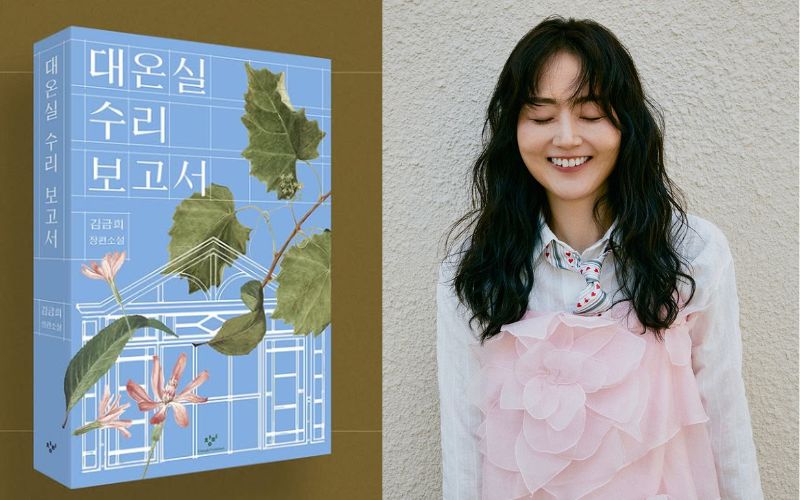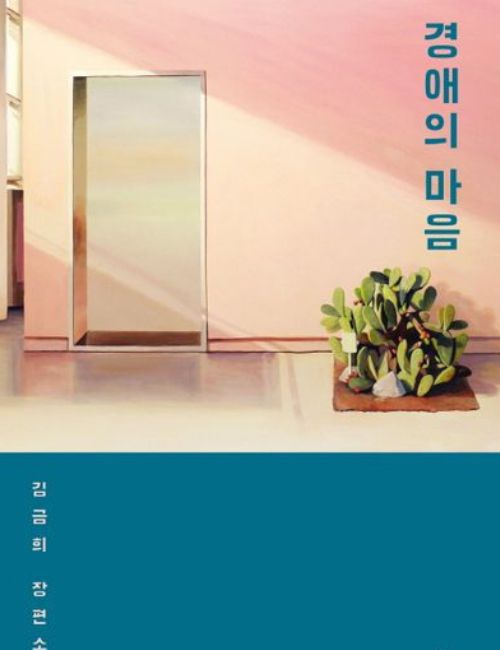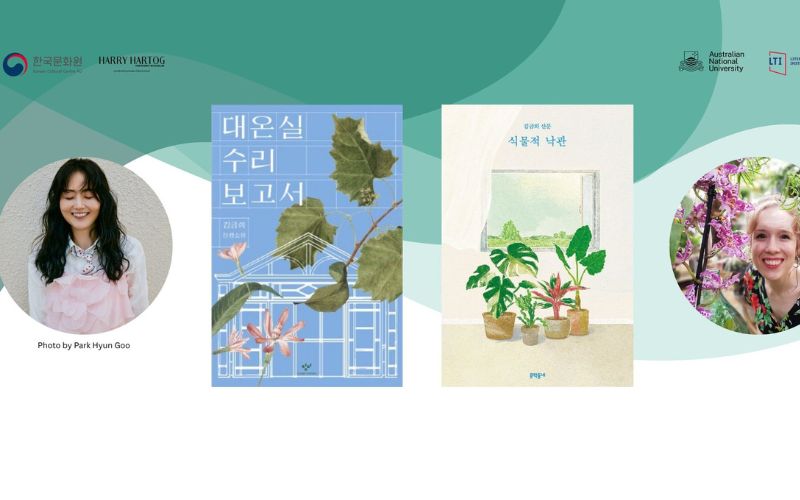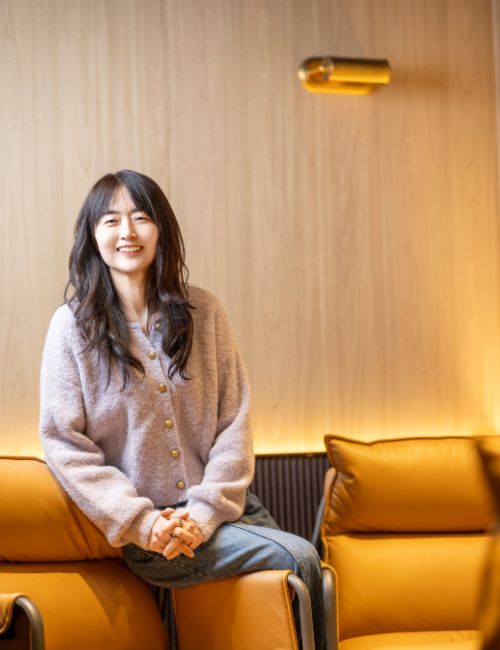[Translated][INTERVIEW] Art in the Small Details: A Conversation with Writer Kim Keum Hee
2025-09-16
Kim Keum Hee is a Korean author with a wide range of works, spanning fiction and non-fiction, such as essays and memoirs. She studied Korean literature at university, worked in publishing, then devoted herself fully to her own writing. Her works focus on small details, the inner psychology of characters, and nature, all through a unique narrative style. Among her works are: Kyung Hee’s Heart, Diary of a Planet Parent, and The Grand Greenhouse Repair Report. Several of her books have been translated into multiple languages and published internationally. The most recent is Diary of a Planet Parent, which is being translated into English by Clare Richards. The Korean Cultural Center in Australia selected Diary of a Planet Parent and The Grand Greenhouse Repair Report as September book club picks. Both Kim Keum Hee and Clare Richards will join a lecture and discussion on September 19.
This article introduces Kim Keum Hee’s literary world and her views on the role of literature in preserving identity and the environment.
The interview was conducted via email between September 2 and September 14. The following are excerpts from it.
Could you tell us more about your beginnings? Why did you decide to study Korean literature, and how did this affect your career and writing style?
Since childhood, I found great comfort in books, and later I became immersed in writing. I believed in the power of literature as stories that could ease the sadness of adults and children alike, which is why I studied Korean literature at university in an academic way.
What inspired you to write the memoir Diary of a Planet Parent? And how did you feel after knowing that it would be translated into English? Have you participated in the translation process, and are there any other translated versions of your works?
I did not take part in the translation process. Diary of a Planet Parent is a book like my daily conversations with the plants in my home. My novel Love in the Bright of Day has been translated into Japanese, Taiwanese, and Chinese, while Kyung Hee’s Heart was published in Japan, Taiwan, and Italy. Diary of a Planet Parent will be published by Scribner in the UK, Summit Books under Simon & Schuster in the US, DTV in Germany, Planeta in Spain, Cargo in the Netherlands, and Voksal in Poland.

What is the difference between fiction and non-fiction writing in your opinion? And how do you approach both of them? What do you prefer more?
In fiction, I can create many characters. In essays and non-fiction, my personal voice as a writer comes out more, so I focus on my inner thoughts rather than characters. I don’t prefer one over the other; I simply use the style that best fits the subject.
Could you tell us more about the writing process of The Grand Greenhouse Renovation Report? How did you research the historical part? And how has your style developed since your first work until now?
relied on many books and academic research, as well as my experience in my twenties working as an editor on history books about the palaces Changgyong and Changdeok. After studying and understanding, I transformed that knowledge into fiction. I believe my literary style has kept its identity, but I have worked on clearer ways to convince the reader while conveying emotional depth in different forms.
Do you think translation can convey the real meaning of the work? And how do you think literature can connect the different cultures?
Translation is ultimately a human collaboration. I believe meaning can be carried over and that a new creative work is born through it. Right now in Singapore, I am speaking with students about my short story collection. The text is in Korean and is difficult, but they understand it clearly despite having very different majors. That, to me, is the connection literature creates.
What themes or messages are you trying to discuss through your works? And among your works, what is the closest to you? And why?
I am very interested in the value of the individual, not the crowd. I want to highlight everyday lives and give them meaning. In the end, my message is: let us live together. The most important work to me is Kyung Hee’s Heart, because it was my first full-length novel, and I gave it everything I had.

In your opinion, how can the literature improve the human relationship with nature and the environment?
Literature has always hinted at, inspired, or provoked reflection on changes in the world. I believe today’s environmental issues can also be powerfully addressed through literature.
How much do you care about critics' and readers' reviews? Is there a specific feedback or award that changed your career or is memorable to you?
I rarely read reviews or criticism. But in direct meetings, I enjoy talking with readers and learning how my books reached them.
Could you tell us more details about your upcoming collaboration with the KCC in Australia?
I will take part in “Korean Literature Week,” organized by the center, where I’ll talk with readers about Diary of a Planet Parent, set to be published by Simon & Schuster in the US in 2027, along with my novels The Grand Greenhouse Renovation Report and The First Summer of Wanju, published last year and this year. I will join Clare Richards, who translated Diary of a Koni Father, to present the book and share our expectations of how readers worldwide will receive it.

What is your main source of inspiration? Do you have a specific writing routine or tricks?
My inspiration comes from observing daily life in detail. I always write in the morning right after waking up, and never at night.
What is your advice for aspiring writers? How can a new writer find their style and voice?
I think style is the writer’s body itself. A writer’s choices, daily details, and thoughts remain clear in the work. I advise young writers not to look too far away, but to live honestly with their own thoughts and feelings day by day.
What are your upcoming plans for your career?
In 2024 I spent a month in Antarctica researching for a new novel, and I will dedicate the rest of this year to working on it.

Writing is a way to preserve our emotions in words so that we can reflect on them. Even if writing does not bring immediate change or direct solutions to social and environmental issues, it has always been, and will continue to be, the seed and the foundation that drives people to think and find solutions, even if much later.
Keywords:
Korean literature, Korean Cultural Center in Australia, fiction writing, The Grand Greenhouse Repair Report, Korea Net, Republic of Korea
How about this article?
- Like0
- Support0
- Amazing0
- Sad0
- Curious0
- Insightful0


